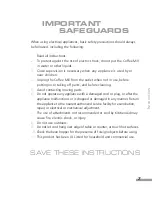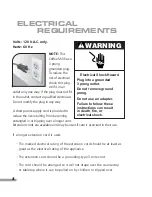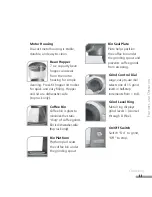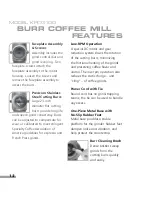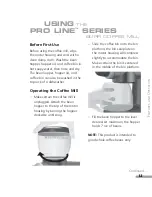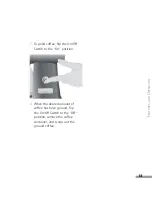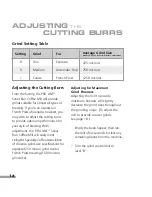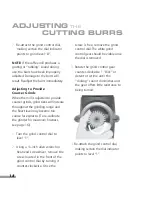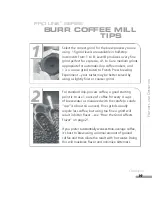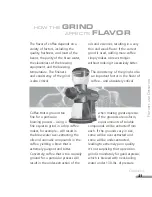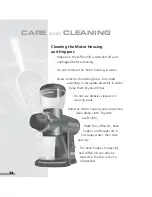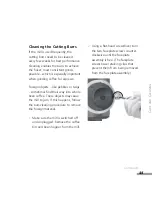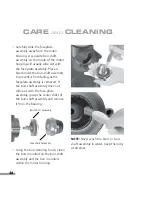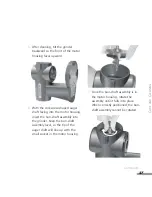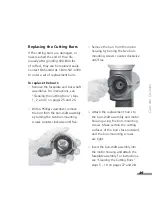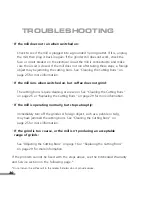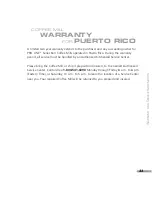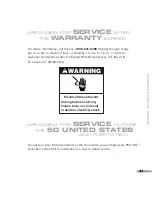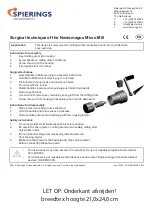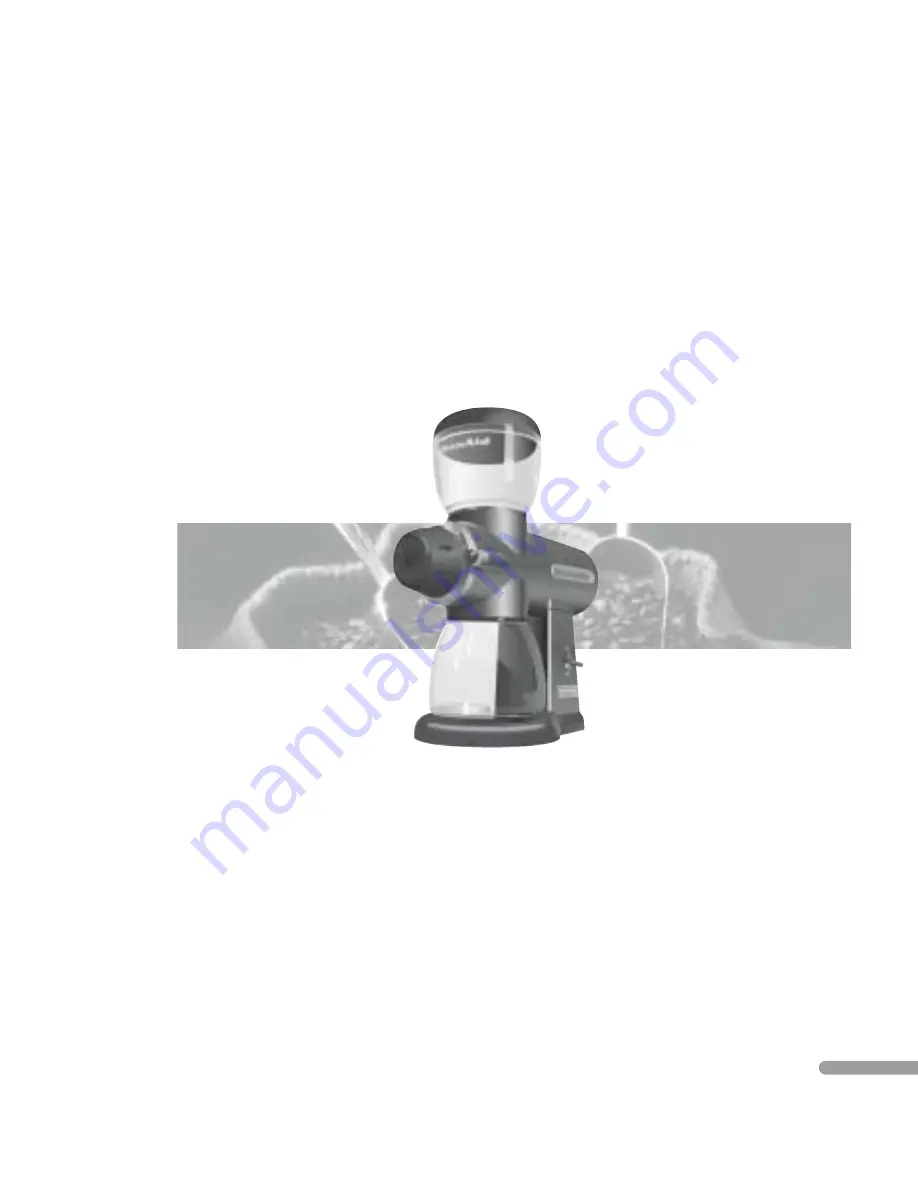
F
EA
TURES
AND
O
PERA
TION
21
Continued…
The flavor of coffee depends on a
variety of factors, including the
quality, freshness, and roast of the
beans, the purity of the brew water,
the cleanliness of the brewing
equipment, and the brewing
temperature. The fineness
and consistency of the grind
is also critical.
Coffee that is ground too
fine for a particular
brewing process – using a
fine espresso grind in a drip coffee
maker, for example – will result in
the brew water over-extracting the
oils and aromatic compounds in the
coffee, yielding a brew that is
extremely pungent and bitter.
Conversely, coffee that is too coarsely
ground for a particular process will
result in the under-extraction of the
oils and essences, resulting in a very
thin and weak flavor. If the correct
grind is used, adding more coffee
simply makes a brew stronger
without making it excessively bitter.
The consistency of the grind is also
an important factor in the flavor of
coffee – and absolutely critical
when making great espresso.
If the grounds are uniform,
equal amounts of soluble
compounds will be extracted from
each. If the grounds vary in size,
some will be over-extracted and
some will be under-extracted,
leading to extremely poor quality.
It's not surprising that a precision
grind is mandatory for good espresso,
which is brewed with near-boiling
water under 130-lbs. of pressure.
HOW THE
GRIND
AFFECTS
FLAVOR

